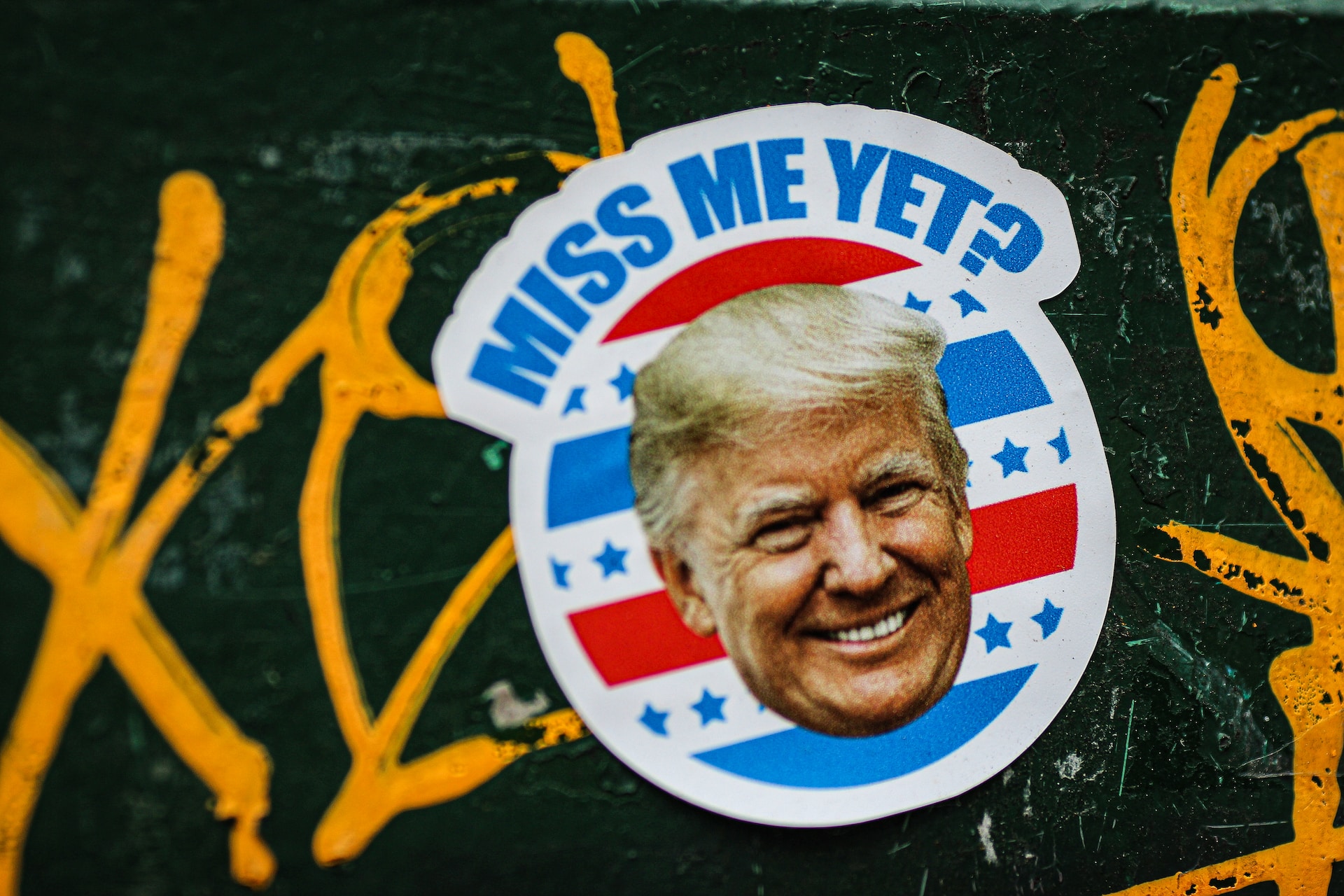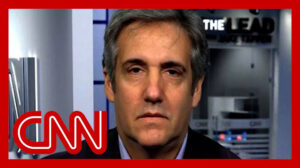
When you make purchases through our links we may earn a small commission.

Photo Credit: Jon Tyson
Put It On Your Wall: CanvasOnDemand.com
Introduction
During the Trump era, former President Donald Trump was known for making a variety of controversial and misleading statements. This article will examine 10 such claims and the fallacies associated with each one. It’s important to analyze these instances to promote critical thinking and fact-checking in political discourse.
"I had the largest inauguration crowd in history."
Fallacy: False Authority
Former President Trump’s claim about the size of his inauguration crowd is a classic example of false authority. Despite photographic evidence and official crowd estimates, he asserted that his crowd was the biggest, disregarding factual data.
"Climate change is a hoax created by the Chinese."
Fallacy: Straw Man
Trump’s assertion that climate change is a “hoax” created by the Chinese misrepresents the scientific consensus on climate change. This is a classic straw man fallacy, where he attacked a distorted version of the opposing argument to make it easier to refute.
"Mexico will pay for the wall."
Fallacy: False Cause
Trump’s promise that Mexico would pay for the border wall relied on a false cause fallacy. He suggested a connection between two unrelated events: building a wall and Mexico paying for it, which ultimately did not happen.
"The media is the enemy of the people."
Fallacy: Ad Hominem
Labeling the media as the “enemy of the people” is an ad hominem fallacy, attacking the character of journalists rather than addressing their arguments. This claim erodes trust in the free press and weakens democracy.
"I won the popular vote if you deduct the millions of illegal votes."
Fallacy: Base Rate Fallacy
Trump’s assertion of widespread illegal voting is an example of the base rate fallacy. He claimed that millions voted illegally without providing credible evidence, ignoring the low incidence of voter fraud in the United States.
"Hydroxychloroquine is a miracle cure for COVID-19."
Fallacy: Anecdotal Evidence
Promoting hydroxychloroquine as a COVID-19 cure relied on anecdotal evidence, a common fallacy in health-related claims. It ignored the need for rigorous scientific studies to establish its effectiveness.
"I alone can fix it."
Fallacy: Appeal to Authority
Trump’s assertion that he alone could solve the country’s problems is an appeal to authority fallacy. It oversimplifies complex issues and relies on his own authority rather than a reasoned argument or evidence.
"I never said that."
Fallacy: Gaslighting
Frequently, Trump denied making statements he had made on the record, creating confusion and mistrust. This tactic can be seen as a form of gaslighting, where one tries to make others doubt their own perceptions and memories.
"The Russia investigation is a witch hunt."
Fallacy: Circular Reasoning
Trump repeatedly dismissed the Russia investigation as a “witch hunt.” This claim is an example of circular reasoning, as he assumed his own innocence and used it as evidence that the investigation was unjust.
"The economy has never been better."
Fallacy: Cherry-Picking Data
Trump often claimed that the U.S. economy was in the best shape ever, but this involved cherry-picking economic data to support his argument. This fallacy selectively presented positive data while ignoring negative aspects or longer-term trends.
Conclusion
The Trump era was marked by a variety of misleading claims and fallacies. Examining these instances can help promote critical thinking and fact-checking in political discourse. It’s essential for citizens to be aware of such tactics to make informed decisions and hold political leaders accountable for their statements. Recognizing these fallacies is an important step in fostering a more honest and transparent political discourse, where well-founded arguments and evidence take precedence over misleading claims and rhetoric.
You’ll get more articles like this – and our favorite promotional offers delivered straight to your inbox.
By submitting this form you agree to our terms and conditions. You can unsubscribe at any time.

GFYG: Fun ALL Schoolgirl Try-On Haul

See Through Lingerie Try-On Haul | Xmas part 2

GFYG: FashionNova New Year 2024 Haul! ♡ | Raven Wood Try-On

GFYG: Fashion Nova Halloween Costume Haul 2023

GFYG: Bri Lauren Halloween Costume Haul 🔥

GFYG: FashionNova New Year 2024 Haul! ♡ | Raven Wood Try-On




ABC News: US launches retaliatory airstrike in Syria


Cohen asked if former President Trump should go to jail. Hear his reply























